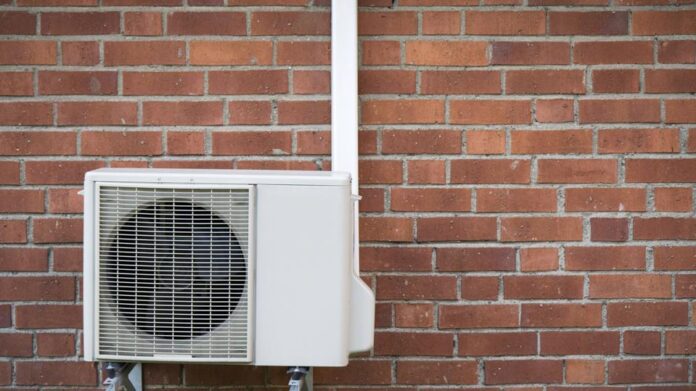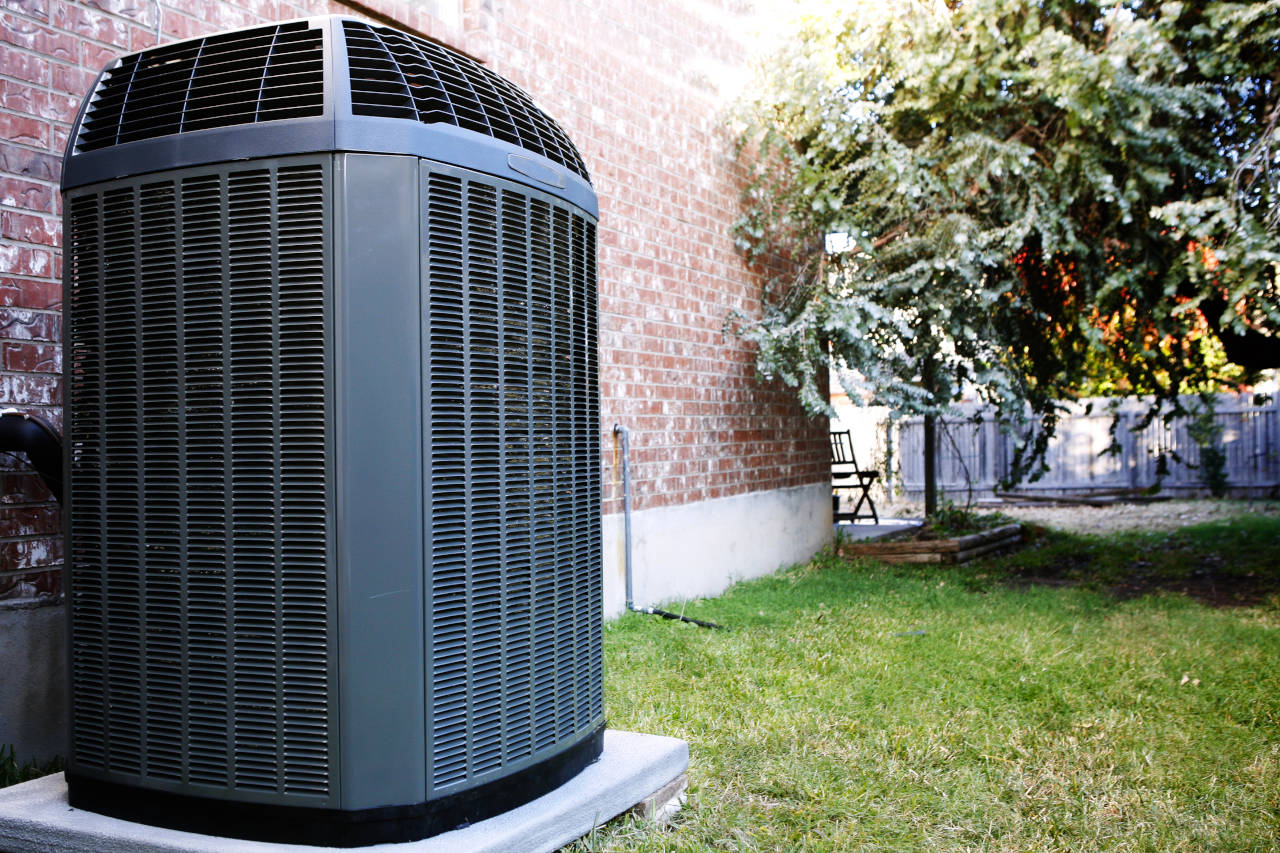When you inquire about the price of a heat pump, you’ll probably get more questions than answers. Where do you call home? The size of your house. Do you require ductless mini-splits or ducted systems? What kind of electrical panel do you have?
But when you want to advance, getting a response like “It depends” is annoying. We started a months-long project to give additional context and information on the price of heat pumps and mini-splits because of this. Want to know how much does a heat pump costs? Here is a quick help for you:
Advantages of a heat pump
Here is a list of the advantages that you can enjoy with a heat pump:
- One piece of equipment warms and cools as a single unit. Occupy less area than boilers and furnaces.
- Energy-efficient: Lowers utility costs by using 30% to 70% less energy for heating and 20% to 50% less energy for cooling.
- Environmentally friendly – Produces no carbon monoxide and uses energy.
- Versatile — Simple to install, inexpensive to maintain, and suitable for houses without gas or propane.
- Clean – Does not cause the air it circulates to become dry. No ducts will freeze. Airborne allergens are reduced with ductless models.
- Safer than using gas, in fact. No chance of leakage of gas or carbon monoxide.
Different cost estimations of heat pumps
Below is a set of estimations that you can keep in mind when choosing the budget for buying a heat pump
Air source
In order to absorb or release heat, the air source design forces hot or cold air through refrigerant lines. Depending on the season and preferred interior temperature, it seeks to transport warm air to a cooler location.
Mini-Split heat pumps
They range in price from $2,000 to $14,500. Mini-split systems lack ductwork, so in order to maintain a uniform temperature throughout your house, experts must install several refrigerant lines.
Geothermal
The price of a geothermal heat pump is between $6,000 and $20,000. In this configuration, a subterranean pipe uses the earth’s temperature under your house to operate, even when the outside air is too warm or chilly.
Cost of a backup electric heat pump
Electric heat strips offer backup and emergency warmth when temperatures dip below freezing and cost $150 to $600 per install. 70% or more of the heat produced by the heat pump should be supplied via electric resistance heaters. Many heat pumps contain built-in heat strips that may provide an additional 10,000–70,000 watts of heat.
Costs of High-Efficiency Heat Pumps
Installing high-efficiency heat pumps with ratings of 18 SEER and 10 HSPF might cost between $6,000 and $12,000. For heat pumps, ENERGY STAR advises a minimum efficiency of 15 SEER and 8.5 HSPF.
Water Heater with Heat Pump
Installing a heat pump water heater typically costs between $1,500 and $4,400. These systems function three times more efficiently than electric ones and may be adapted to work with existing water heaters, saving $250 to $1,000 yearly.
Heat Pump for Swimming Pools
Installing a heat pump for a pool might cost between $1,800 and $5,400. A pool heat pump distributes heat from the ambient air to the pool’s cooled water as it passes through the heater. When the outside temperature is above 45 degrees Fahrenheit, heat pump pool heaters operate effectively.
Tax Credits & Rebates for Heat Pumps
There are federal tax credits and rebates that can reduce the cost of a heat pump installation by up to $2,000:
Federal Tax Credits for Renewable Energy
For geothermal and solar heat pumps
26% for equipment installed after December 31, 2019, but before January 1, 2021
Credits for Federal Equipment Taxes on Primary Residences
Some power suppliers pay incentives for heat pump installations ranging from $400 to $1,000.
Manufacturer Refunds A number of manufacturers provide rebates for heat pump installation ranging from $300 to $800.
Conclusion
This was a quick guide to help you with how much a heat pump costs. All you need to do is to keep in mind those estimates so that you can get the right budget without ending up overspending.



















